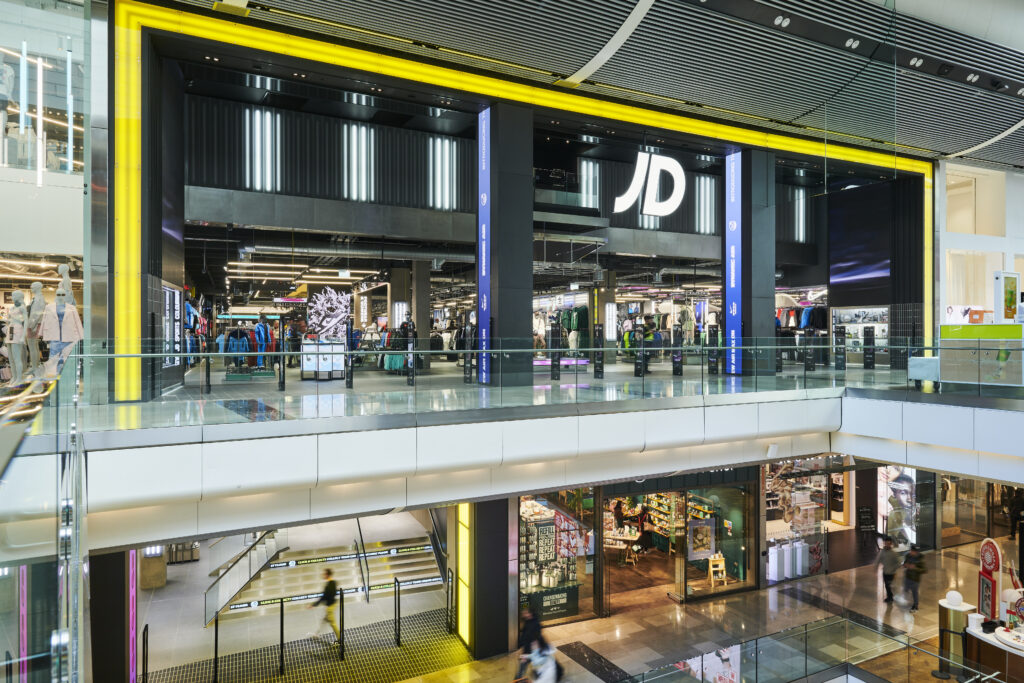With a four-year wait nearly over, the anticipation of who the starting 11 will be and the age-old question, will this be our year, comes a new longstanding question for retailers. Why don‘t football fans switch teams after a low performance but consumers will switch shops after a poor customer experience?
The concept of football loyalty is unwavering commitment. This is built in to the DNA of a football fan, but consumers do not have the same genetic make-up. Football clubs can surpass traditional support as they have several strands of loyalty.
Institutional loyalty
Football clubs have generated an emotional connection between themselves and their fans, which has created a particular identity surrounding the club. Football fans have an unflinching allegiance to their team, which retailers would love to replicate. However, football teams and brands have very different relationships with their supporters and shoppers. And this should be the case. For instance, a football team, like a church, is an institution and has to remain the same to all its supporters, whereas a retailer needs to personalise the interaction for each individual customer and deliver the best value.
As an institution, football loyalty is based on a foundation that transcends traditional brand values. Football clubs are immoveable and immutable as they represent a constant to many supporters all over the world. By contrast, retailers need to focus on delivering strong and consistent brand values across all customer touch points. Retailers have to adapt and deliver one-on-one engagement and a unique experience to individual customers all over the world.
Performance-based loyalty
Football fans support for the club is not limited to their team‘s success. Despite Manchester United‘s poor performance this season, their fans will continue to support them when the Premier League starts again on 16th August and we will continue to support England long after this World Cup is over, regardless of their finishing result. Yet if a customer has a poor experience in-store or online then they may question whether to support that brand with future purchases.
Absolute loyalty
Football fans have a strong sense of commitment when it comes to club allegiance through a collective experience and shared interests. Whereas, retailers are committed to the individual experience as they need to understand the particular customer behaviour in order to optimise the customer journey through one-to-one real-time engagement.
Testament to this unflinching football loyalty, is that supporters will never turn on the club but blame its decision makers. For instance, Arsene Wenger has been publicly lambasted by fans for his choice in players and match strategy, yet fans will never switch clubs. Whereas, in retail, the board could make decisions that have an impact on the brand experience, such as changes to delivery, stock and pricing. But, consumers will not punish the individual but take it out on the retailer by shopping elsewhere.
While retailers are unlikely to reach the unwavering loyalty of football clubs due to different experience expectations of both supporters and shoppers. Through engaging personalised shopping experiences customers will come to support the retailer and wear its values with pride – just as all England football fans will be doing Saturday evening.

















